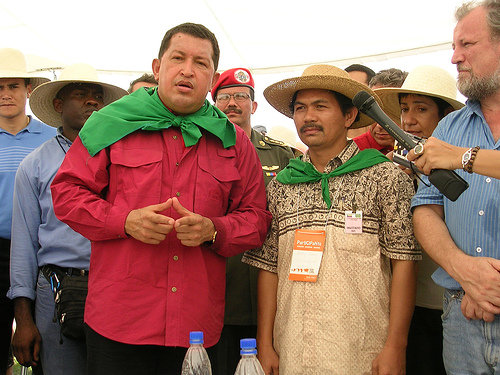Stédile recommends that militants 'prepare their game shoes' because 'the game has just begun'
PORTO ALEGRE - The main leader of the MST in Brazil, João Pedro Stédile, called on Thursday (March 12, 2015) in Porto Alegre, during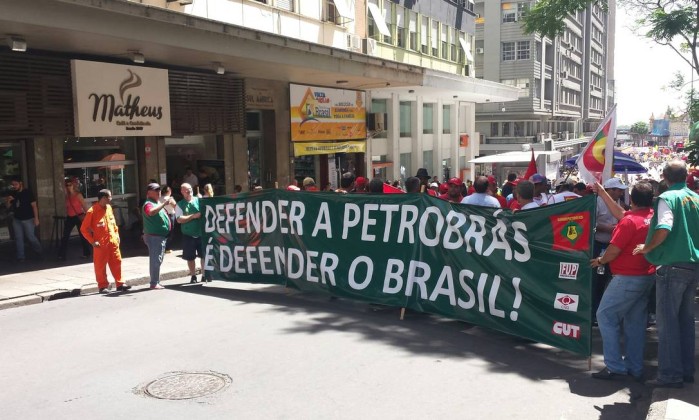 actions in defense of Petrobras, that President Dilma Rousseff "not become intimidated" in the face of pressure from the sectors of the country" who want to take power by force." Before an estimate
actions in defense of Petrobras, that President Dilma Rousseff "not become intimidated" in the face of pressure from the sectors of the country" who want to take power by force." Before an estimate

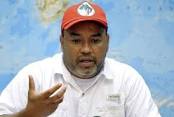
 By Joana Tavares
By Joana Tavares
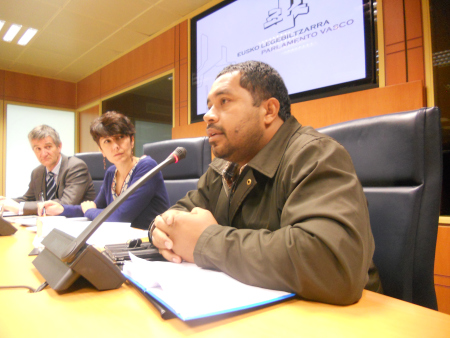 The year 2013 won’t be missed by the Landless throughout the country. Regarding the struggle for land, the balance is positive, due to the demonstrations, marches and occupations of land and public buildings that occurred almost throughout the year.
The year 2013 won’t be missed by the Landless throughout the country. Regarding the struggle for land, the balance is positive, due to the demonstrations, marches and occupations of land and public buildings that occurred almost throughout the year.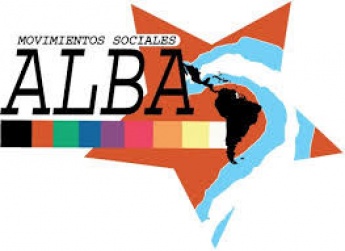 together more than 200 delegates from 22 Latin American countries representing diverse social movements.
together more than 200 delegates from 22 Latin American countries representing diverse social movements. The MST will be included in the mobilization of trade unions, social movements and political organizations of the working class to take to the streets of the country, on Thursday (July 11), to defend a political platform, with the reduction of working hours, investment of 10% of GDP for health and education, free and quality public transport, the democratization of the media and the implementation of land reform.
The MST will be included in the mobilization of trade unions, social movements and political organizations of the working class to take to the streets of the country, on Thursday (July 11), to defend a political platform, with the reduction of working hours, investment of 10% of GDP for health and education, free and quality public transport, the democratization of the media and the implementation of land reform.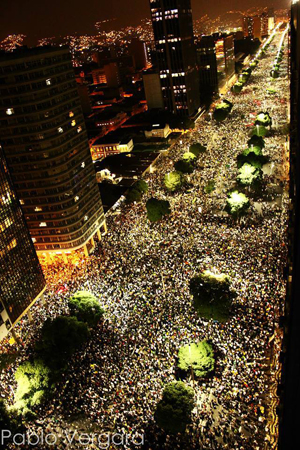 by Eduardo Scolese, of Agência Folha
by Eduardo Scolese, of Agência Folha